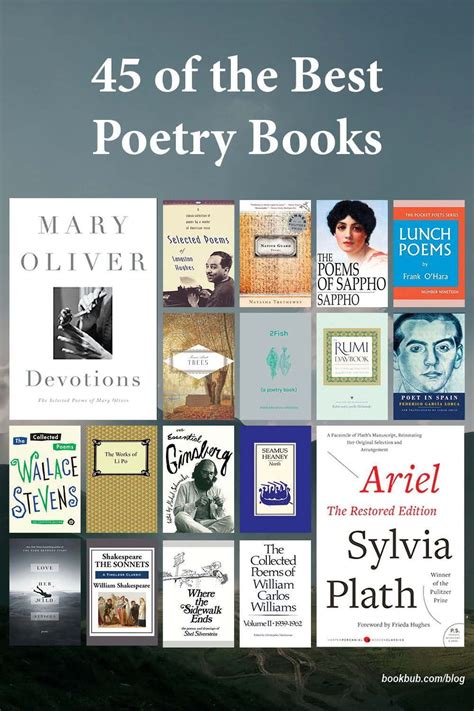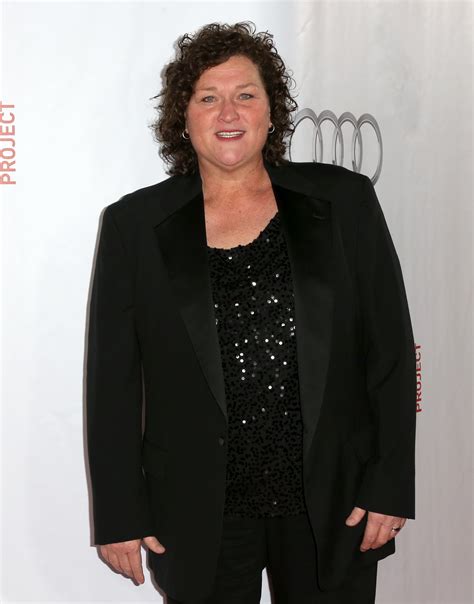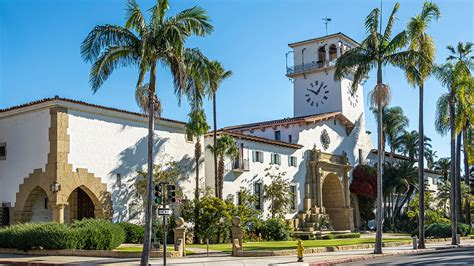The world of poetry is a vast and wondrous place, full of verse that can evoke emotions, spark imagination, and challenge perspectives. With so many incredible poetry books out there, it can be daunting to know where to start. In this article, we’ll delve into some of the most iconic, thought-provoking, and beautifully crafted poetry books that have captivated readers for centuries.
To begin our journey into the realm of poetry, let’s first consider what makes a poetry book truly great. Is it the way the words dance across the page, weaving a spell of enchantment and wonder? Or is it the way the poet’s voice speaks directly to our hearts, echoing our deepest thoughts and emotions? Perhaps it’s a combination of both, along with a healthy dose of creativity, imagination, and technical skill.
One of the most beloved poetry books of all time is “The Waste Land” by T.S. Eliot. Published in 1922, this modernist masterpiece is a sweeping exploration of disillusionment, spiritual decay, and the search for meaning in a post-World War I world. Eliot’s innovative use of imagery, allusion, and fragmentation created a new kind of poetry that was both deeply personal and universally relatable.
Eliot's "The Waste Land" is a poem that defies easy interpretation, but its themes of disillusionment and spiritual decay continue to resonate with readers today.
Another poetry book that has stood the test of time is “Leaves of Grass” by Walt Whitman. First published in 1855, this collection of poems is a celebration of the human body, the natural world, and the interconnectedness of all things. Whitman’s free verse style and poetic innovations had a profound influence on American literature, paving the way for generations of poets to come.
In terms of contemporary poetry, “Citizen: An American Lyric” by Claudia Rankine is a powerful and timely collection that explores the experiences of black Americans in the 21st century. Through a combination of poetry, essays, and images, Rankine creates a searing portrait of racism, identity, and belonging that is both deeply personal and profoundly insightful.
Exploring the World of Poetry
Step 1: Start by reading a variety of poetry books and collections to get a sense of different styles and themes.
Step 2: Pay attention to the way the poet uses language, imagery, and other literary devices to create a unique voice and perspective.
Step 3: Consider the historical and cultural context in which the poem was written, as this can provide valuable insight into the poet's intentions and message.
For those interested in exploring the world of poetry further, here are a few more recommendations:
- “The Collected Works of Emily Dickinson”: A comprehensive collection of poems by one of America’s most beloved and enigmatic poets.
- “The Poetry of Derek Walcott”: A selection of poems by the Nobel Prize-winning poet, known for his lush language and exploration of identity, history, and culture.
- “The BreakBeat Poets”: A groundbreaking anthology of hip-hop influenced poetry, featuring a diverse range of voices and styles.
What makes a great poetry book?
+A great poetry book is one that combines technical skill, creativity, and emotional resonance to create a unique and powerful reading experience.
How do I get started with reading poetry?
+Start by reading a variety of poetry books and collections, and pay attention to the way the poet uses language and literary devices to create a unique voice and perspective.
In conclusion, the world of poetry is a rich and vibrant tapestry, woven from the threads of human experience, emotion, and imagination. Whether you’re a seasoned poetry lover or just starting to explore this fascinating world, there’s always something new to discover, always another poem to read, and always another voice to hear. So come and join the journey, and let the poetry take you on a journey of discovery, inspiration, and wonder.



